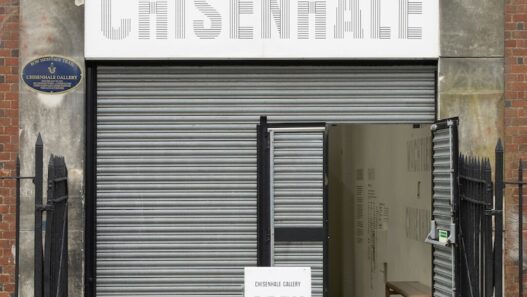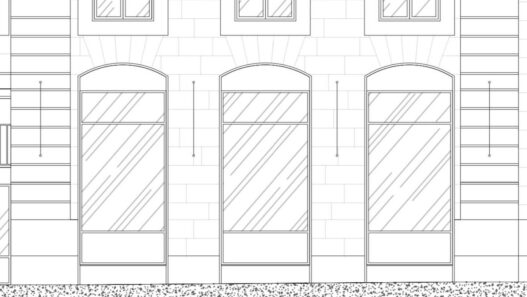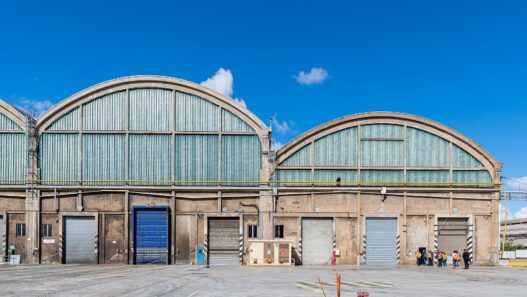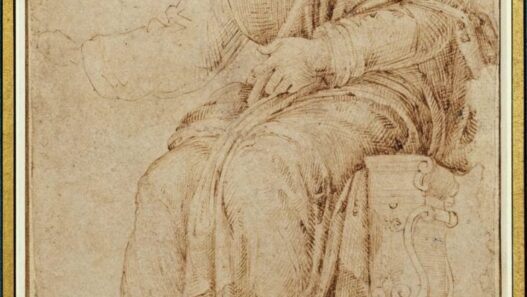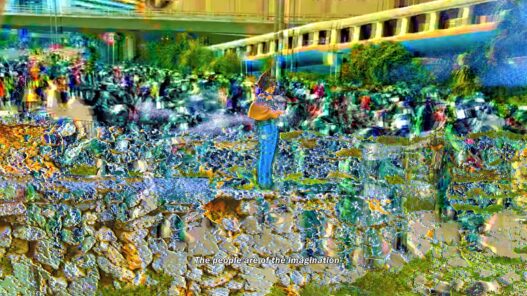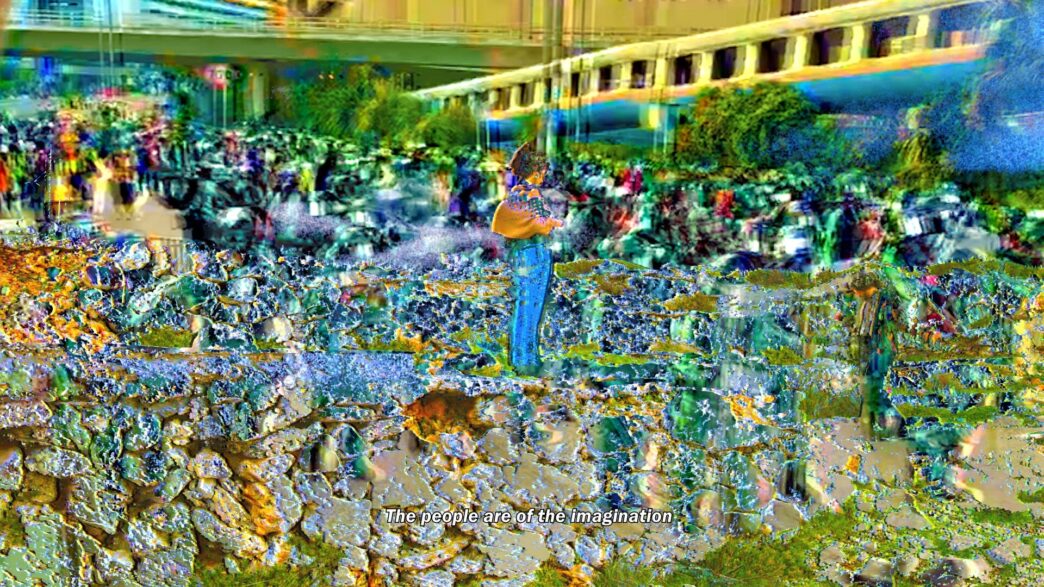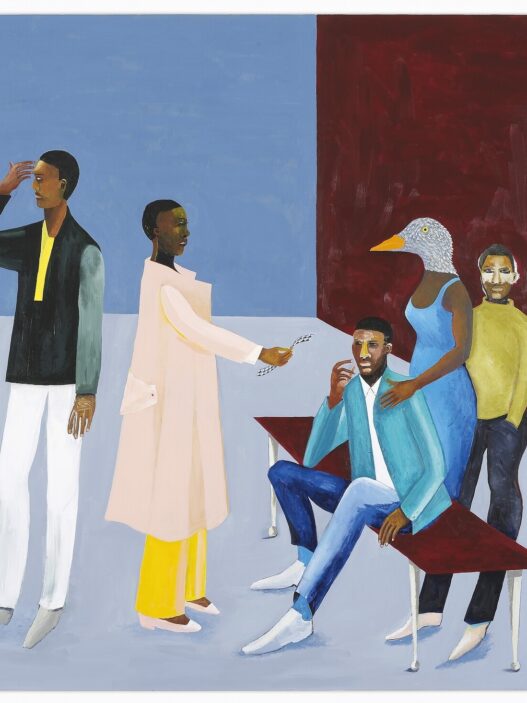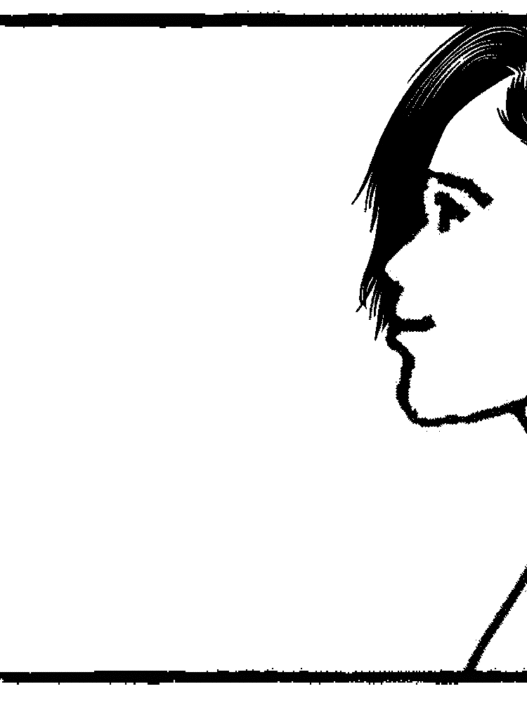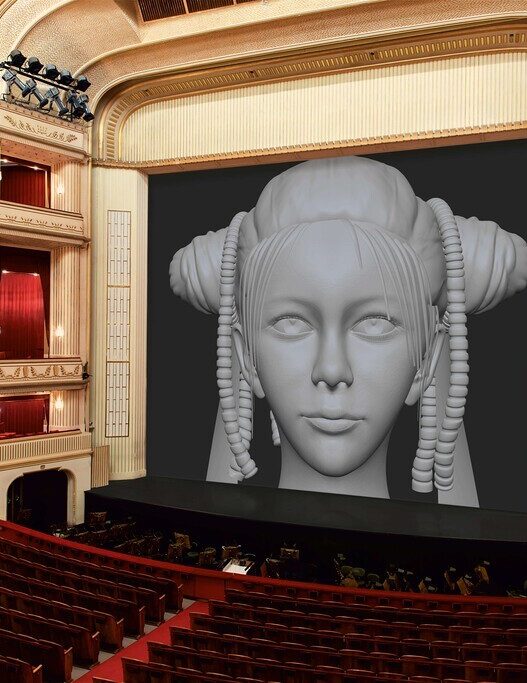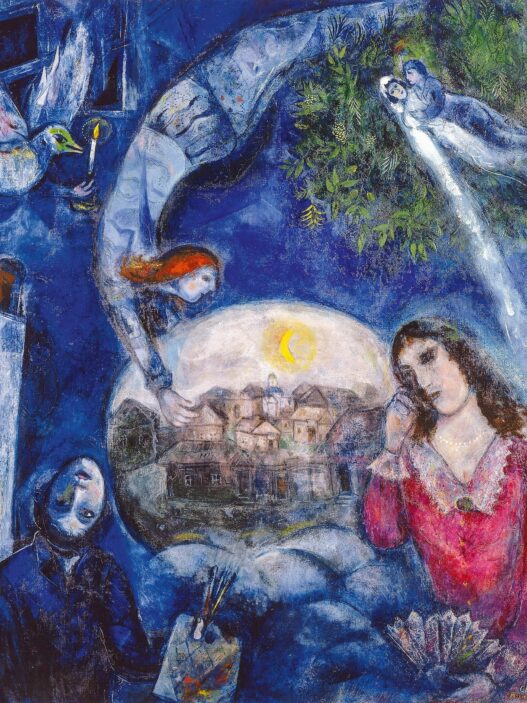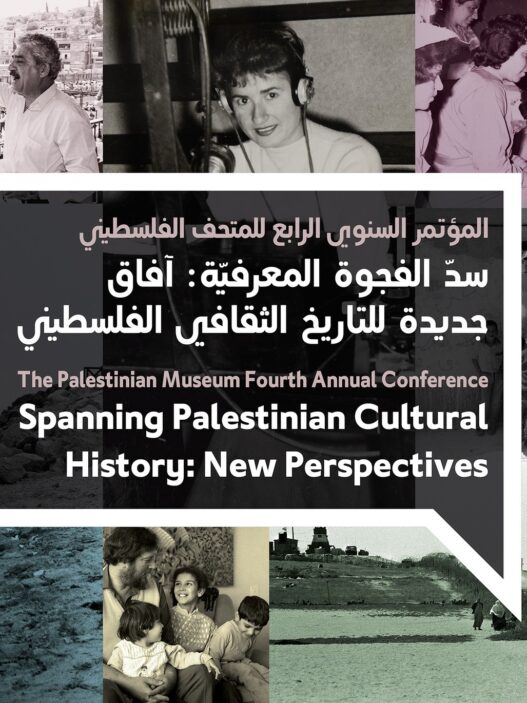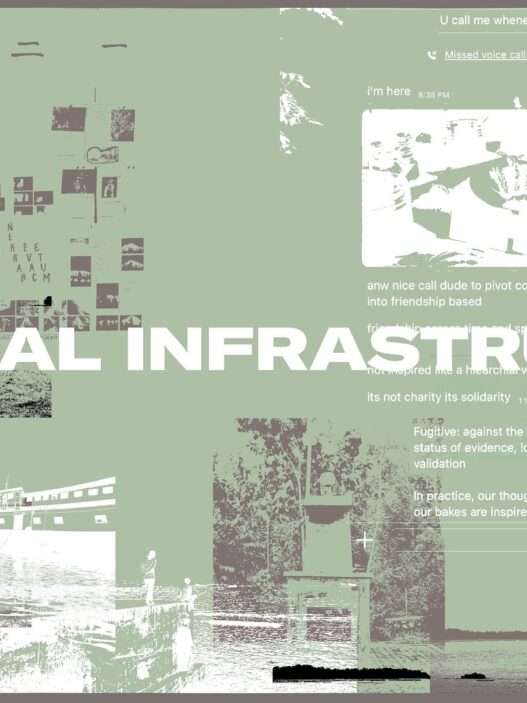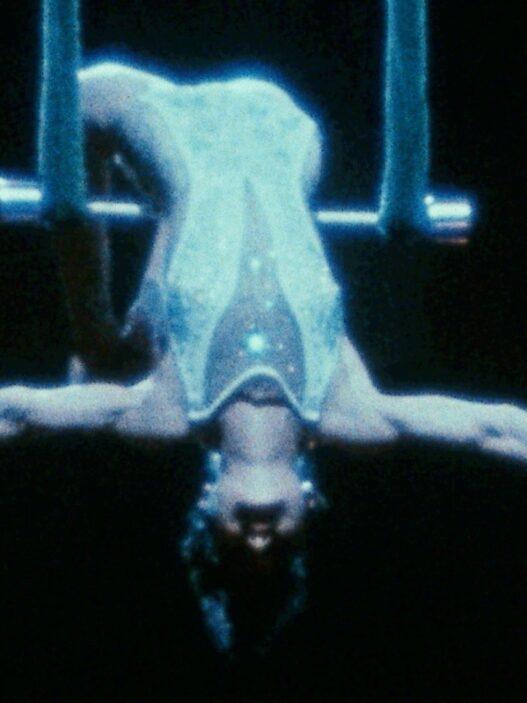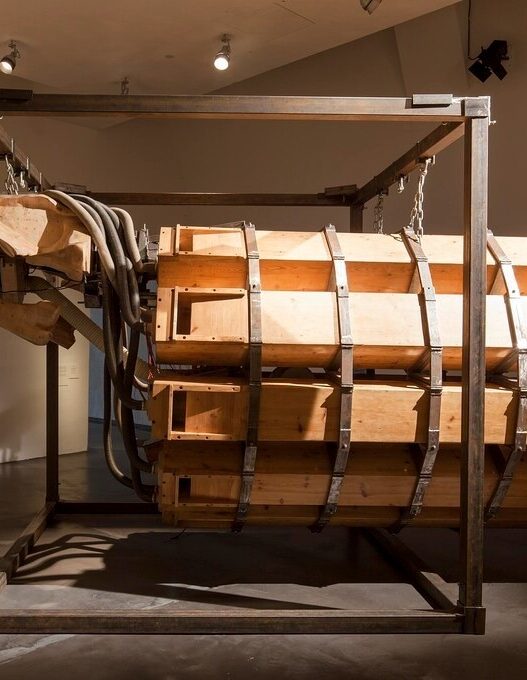Gathering with AUSLÄNDER: November 10, 6pm
Opening & happening by AUSLÄNDER: November 10, 7pm
November 10, 2022–May 1, 2023
A key sociological study on unemployment from the 1930s called Marienthal: The Sociography of an Unemployed Community, which served as a major source of inspiration for this exhibition project, contains the remark, “In the meantime, midday comes around.” After studying Marienthal for several months, a neighborhood of the town of Gramatneusiedl outside of Vienna that was severely impacted by the post-1929 global economic crisis—almost all of its working population lost their jobs—the researchers Marie Jahoda, Paul F. Lazarsfeld, and Hans Zeisel wrote the book.
The phrase that bears its name appears in one of the timesheets that unemployed men participated in the study by filling out. It depicts the period of time between getting out of bed and lunch: nothing has changed or occurred; time is meaningless and empty. The study also revealed that the women continued to be occupied with reproductive work.
However, if the jobless man’s perception of time in the 1930s exemplifies the loss of a sense of life’s purpose when existence is not centered around work and its time structures, couldn’t it also exemplify a more modern diagnosis: a tedious regime of life completely subordinated to work, the ethics that evolve around it, and the demand for constant productivity as well as the management and improvement of the self to better comply with these regimes? Isn’t the emptiness, even though it’s filled with hustle and work, and the speeding up of time just as soul-crushing? How did it come to be that we live to work rather than work to live, and that we find it difficult to fathom living any other way?
Midday comes around focuses around these questions, drawing influence from the Marienthal Study. It examines the shifts in the workplace over the past few decades that the Covid-19 pandemic has brought to light, and it takes into account the communal action and political imagination that such major world events bring with them. One of these long-term changes is what Aaron Benanav has identified as a stagnation and slowing of economic productivity since the 1970s. While this trend has not (yet) led to mass unemployment, it has instead resulted in mass underemployment, where people are forced to accept jobs with subpar pay and working conditions.
To approach this set of issues, the artworks in the exhibition oscillate between several thematic zones: crisis and social collapse, alongside both historical and contemporary forms of workers’ collective action and organization, are discussed by Lamin Fofana, Adelita Husni-Bey, Problem Collective, and Bassem Saad. Arts of the Working Class and bare minimum collective deal with other ways of being together, such as social bonds and practices that challenge the centrality of labor and reclaim time as the foundation of freedom, while Vina Yun in collaboration with Tine Fetz, Moshtari Hilal, Sunanda Mesquita, and Patu as well as Ausländer consider labor migration and its prospective planetary character. Moreover, the exhibition also takes a look at the specific conditions of artistic work and praxis—through the presentation of works by the late Linda Bilda, and Eva Egermann‘s take on them.
When the midday break touches on the topic of work, it is from the standpoint that our time shouldn’t be governed by work and associated concepts of advancement and growth. A worry that will also be expressed in the vast public program that will accompany the exhibition is that it should instead follow the flows of other rhythms and activities that are neither useful nor worthless and that we need to envision, invent, and struggle for as a group.
With: Arts of the Working Class, AUSLÄNDER, bare minimum collective, Linda Bilda, Eva Egermann, Lamin Fofana, Adelita Husni-Bey, Problem Collective, Bassem Saad, and Vina Yun in collaboration with Tine Fetz, Moshtari Hilal, Sunanda Mesquita, and Patu
Curators: What, How & for Whom / WHW
Assistant Curator: Andrea Popelka
Kunsthalle Wien Karlsplatz
Treitlstraße 2
1040 Vienna
Austria


